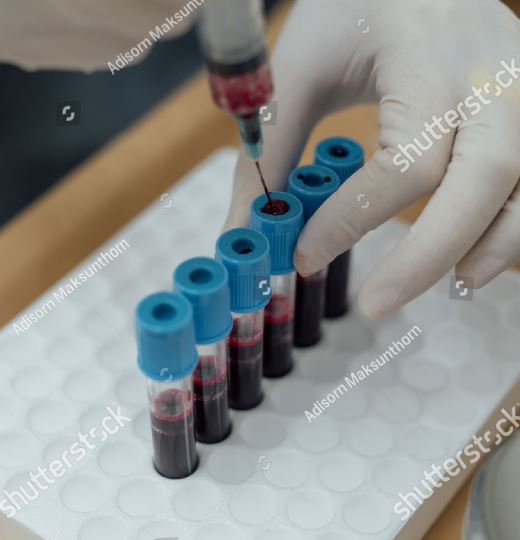Anesthesia Services for Regenerative Medicine
Welcome to The Sports and Regenerative Medicine Institute, where we offer comprehensive anesthesia services tailored specifically for our procedures. Our dedicated team of healthcare professionals is committed to providing personalized, safe, and comfortable care to ensure a positive experience and successful outcomes for your treatments.
What is Anesthesia?
Anesthesia involves the use of medications to provide pain relief, sedation, and comfort during various procedures such as platelet-rich plasma (PRP), bone marrow aspiration, or cartilage restoration. Our highly skilled anesthesiologists work closely with your doctor to ensure that the appropriate type and level of anesthesia are administered for your specific treatment.
Anesthesia Options for Restorative Medicine Procedures
At The Sports and Regenerative Medicine Institute, we offer a range of anesthesia options to suit your unique needs and procedure requirements, including:
- Local Anesthesia: Local anesthetics are injected directly into the treatment area to numb the site, providing pain relief during minimally invasive procedures.
- Regional Anesthesia: Regional anesthesia, such as nerve blocks, is used to numb a larger area of the body, allowing for pain-free treatments without the need for general anesthesia.
- Monitored Anesthesia Care (MAC): MAC involves the use of sedatives and analgesics to ensure your comfort and relaxation during the procedure while allowing you to remain awake and responsive.
Safety and Comfort during Procedures
Our top priority at The Sports and Regenerative Medicine Institute is ensuring your safety and comfort throughout your medicine treatment. Our experienced anesthesiologists closely monitor your vital signs, including heart rate, blood pressure, and oxygen levels, to ensure your well-being during the procedure. They will also provide personalized care and support to address any concerns or anxieties you may have.
Preparing for Anesthesia
Prior to your treatment, our healthcare professionals will conduct a thorough assessment of your medical history, discuss any medications you are taking, and provide detailed instructions on how to prepare for your procedure. It is essential to follow these guidelines to ensure a safe and successful anesthesia experience.
Anesthesia FAQ
Is anesthesia necessary for restorative medicine therapies?
The need for anesthesia during restorative medicine therapies varies depending on the specific treatment, the patient’s pain tolerance, and the healthcare professional’s recommendations. Some minimally invasive procedures may only require local anesthesia or numbing agents, while others might involve more complex techniques that necessitate general anesthesia.
What types of anesthesia are commonly used in restorative medicine therapies?
The types of anesthesia used in restorative medicine therapies can include local anesthesia, regional anesthesia (such as nerve blocks), and general anesthesia. The choice of anesthesia depends on factors like the procedure’s invasiveness, the patient’s medical history, and the healthcare professional’s preferences.
How do I prepare for anesthesia before my restorative medicine therapy?
Preparing for anesthesia may involve fasting for a specified period before the procedure, as well as avoiding certain medications or supplements. Your healthcare professional will provide you with specific instructions to follow based on the type of anesthesia being used and your medical history.
What should I expect during the recovery process after receiving anesthesia for restorative medicine therapy?
The recovery process after receiving anesthesia for restorative medicine therapy depends on the type of anesthesia used and the patient’s individual response. Patients may experience grogginess, mild disorientation, or temporary memory lapses after general anesthesia, which typically resolve within a few hours. Local or regional anesthesia may result in numbness or tingling sensations at the treatment site, which should subside as the anesthesia wears off.
Can I drive myself home after receiving anesthesia for restorative medicine therapy?
It is generally not recommended to drive yourself home after receiving anesthesia, especially if you have undergone general anesthesia or sedation. Arrange for a friend or family member to accompany you and drive you home after the procedure.

Experience Safe Anesthesia Services
At The Sports and Regenerative Medicine Institute, our mission is to provide you with the most advanced and effective restorative medicine solutions in a safe, comfortable, and compassionate environment. Schedule a consultation today to learn how our anesthesia services can help you achieve optimal results and enhance your quality of life.

